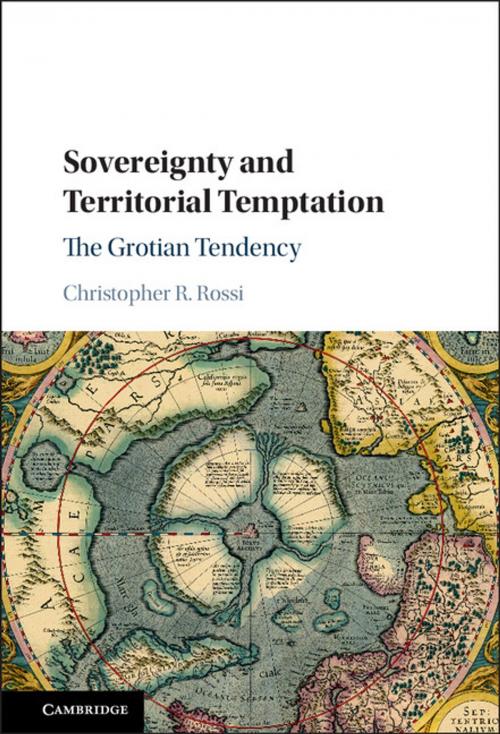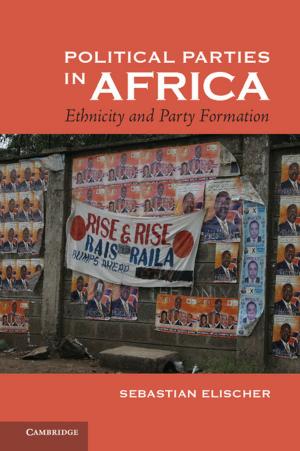Sovereignty and Territorial Temptation
The Grotian Tendency
Nonfiction, Reference & Language, Law, International, Social & Cultural Studies, Political Science| Author: | Christopher R. Rossi | ISBN: | 9781316877272 |
| Publisher: | Cambridge University Press | Publication: | April 27, 2017 |
| Imprint: | Cambridge University Press | Language: | English |
| Author: | Christopher R. Rossi |
| ISBN: | 9781316877272 |
| Publisher: | Cambridge University Press |
| Publication: | April 27, 2017 |
| Imprint: | Cambridge University Press |
| Language: | English |
This powerful book stands on its head the most venerated tradition in international law and discusses the challenges of scarcity, sovereignty, and territorial temptation. Newly emergent resources, accessible through global climate change, discovery, or technological advancement, highlight time-tested problems of sovereignty and challenge liberal internationalism's promise of beneficial or shared solutions. From the High Arctic to the hyper-arid reaches of the Atacama Desert, from the South China Sea to the history of the law of the sea, from doctrinal and scholarly treatments to institutional forms of global governance, the historically recurring problem of territorial temptation in the ageless age of scarcity calls into question the future of the global commons, and illuminates the tendency among states to share resources, but only when necessary.
This powerful book stands on its head the most venerated tradition in international law and discusses the challenges of scarcity, sovereignty, and territorial temptation. Newly emergent resources, accessible through global climate change, discovery, or technological advancement, highlight time-tested problems of sovereignty and challenge liberal internationalism's promise of beneficial or shared solutions. From the High Arctic to the hyper-arid reaches of the Atacama Desert, from the South China Sea to the history of the law of the sea, from doctrinal and scholarly treatments to institutional forms of global governance, the historically recurring problem of territorial temptation in the ageless age of scarcity calls into question the future of the global commons, and illuminates the tendency among states to share resources, but only when necessary.















